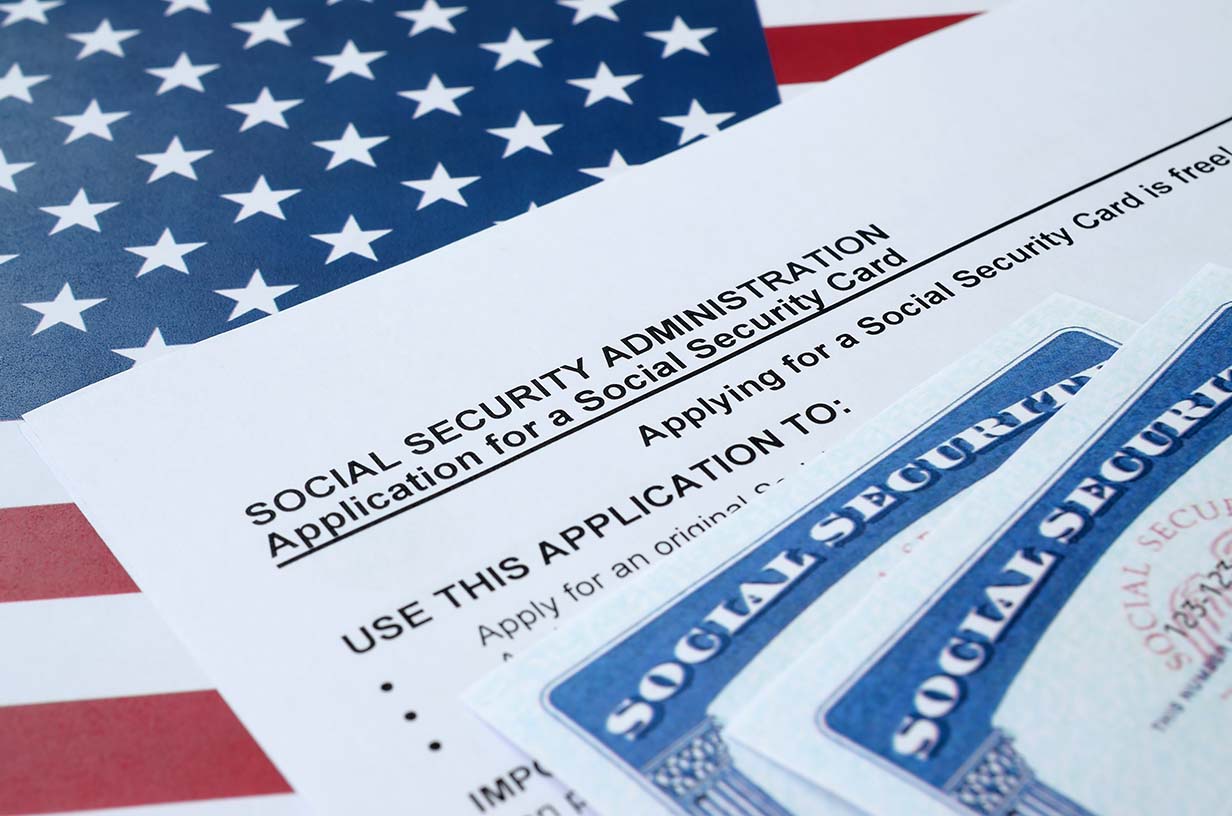 Early retirees receive lower monthly Social Security benefits than older retirees, but this may not mean they receive less. What can this mean for you in your retirement planning?
Early retirees receive lower monthly Social Security benefits than older retirees, but this may not mean they receive less. What can this mean for you in your retirement planning?
If you retire between the ages of 62 and 65, your full benefit is reduced by five-ninths of 1 percent for each month you receive your benefits before reaching age 65. Therefore, if you retire at age 62, you get 80 percent of your primary insurance amount (PIA) each month, while if you retire at age 63½, you receive 90 percent of your PIA.
On the other hand, by retiring earlier you may get more dollars back from Social Security during your lifetime than if you retire later–you receive benefits for a longer period of time if you retire at age 62 instead of at age 65. To reach the break-even point and recover the three years of benefits you would have received had you retired at age 62, you must receive benefits for about 15 years beyond retiring at age 65. [Note: If you were born after 1938, your normal retirement age will be raised.]
What happens when you continue working after retirement? If you are under age 65, your benefits are reduced by $1 for every $2 of working income. From ages 65 to 69, you lose $1 of Social Security benefits for every $3 of employment income until you reach age 70, after which you can collect full Social Security retirement benefits regardless of how much you earn.
The best strategy is to coordinate all your existing benefits with potential Social Security benefits. Then you can choose which provides the best long-term financial reward.
For additional information or an estimate of your Social Security benefits, you can call the Social Security Administration at 1-800-772-1213.
Copyright © 2015 Liberty Publishing, Inc. All rights reserved. Distributed by Financial Media Exchange

 Bob has a passion for making your money work hard for you. He takes profound joy in ironing out a plan for a long and comfortable retirement, no matter what your current income or level of wealth. With a work ethic second to none, he has a zeal for transforming uncertainty into stable ways for you to protect your future and your family. He knows that the quality of your life you enjoy today can remain as rewarding—or even better—after retirement.
Bob has a passion for making your money work hard for you. He takes profound joy in ironing out a plan for a long and comfortable retirement, no matter what your current income or level of wealth. With a work ethic second to none, he has a zeal for transforming uncertainty into stable ways for you to protect your future and your family. He knows that the quality of your life you enjoy today can remain as rewarding—or even better—after retirement. With a strong background in information technology, Carol is instrumental in building operational policies and strategies that keep the organization functioning smoothly. Carol’s organizational skills and her flexibility to jump from priority to priority along with her commitment to customer service makes her an essential part of the Grimard Financial team. When Carol is not working with the Grimard Financial Family, she is a very creative and accomplished photographer.
With a strong background in information technology, Carol is instrumental in building operational policies and strategies that keep the organization functioning smoothly. Carol’s organizational skills and her flexibility to jump from priority to priority along with her commitment to customer service makes her an essential part of the Grimard Financial team. When Carol is not working with the Grimard Financial Family, she is a very creative and accomplished photographer.